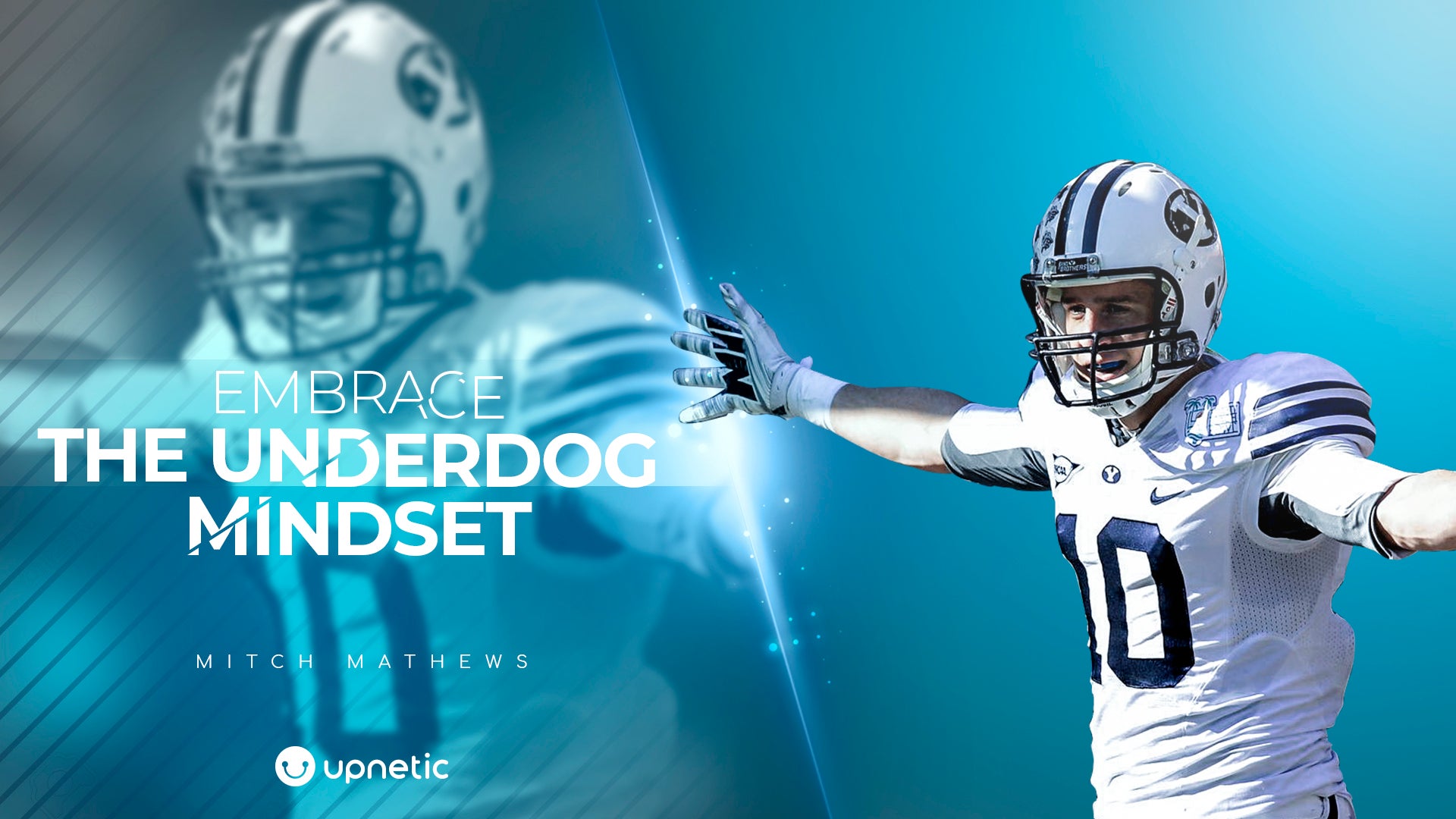Internet dating, the normal evolution from magazine classifieds, has become one of the more common means for People in america to satisfy one another. In accordance with a 2020 Pew research study, three in 10 US adults say they have utilized sites that are dating apps, and also Brad Pitt name-dropped Tinder during his speech in the 2020 SAG prizes. Yet 46% of men and women state they do not feel these apps are safe.
There clearly was cause for concern. OKCupid came under fire for attempting to sell individual information, including answers to sensitive and painful concerns like “Have you utilized psychedelic medications?” while gay dating software Grindr offered information regarding unit location and users’ HIV status.
Dating apps still stay perhaps one of the most ways that are accessible satisfy individuals, specifically for LGBTQ+ communities. But themselves to share on their profiles as they become more and more ubiquitous, people must decide how much of.
Humans are hard-wired to wish love and intercourse, to such an extent that individuals’re ready to ignore information safety dangers

Francesca Rea, 26, told Insider she believes that, within the several years of utilizing Hinge and Bumble, she’s probably become less guarded. Rea estimates she actually is utilizing the apps for around four years, and makes use of her very first and final names, as well due to the fact name associated with the college she went along to, yet not her workplace.
The one thing she does given that she may well not ago have done years is link her Hinge account to her Instagram, therefore users is able to see a couple of extra photos of her (although her Instagram handle continues to be not publicly viewable). All of this makes her effortlessly G gle-able, but she actually is become more accepting of that.
“You can fulfill a psycho anywhere,” Rea stated. “and also at this aspect you may need therefore information that is little purchase to get somebody online. To allow dating apps to exert effort, you will need to offer a small details about your self.”
Elisabeth Chambry, also 26, makes use of Tinder and Hinge. Chambry’s had Hinge for a fortnight and Tinder for off and on since 2012, as well as on the apps, she makes use of her very first name although not her final, and her work name, although not her workplace. She states she actually isn’t t worried about privacy.
“I’m maybe not that concerned about my privacy cause personally i think like i am currently therefore exposed,” she said. “With my media that  are social my Bing location, I’m currently exposed. I do not feel just like dating apps ensure it is worse.”
are social my Bing location, I’m currently exposed. I do not feel just like dating apps ensure it is worse.”
“It really is a two-way road,” stated Connie Chen, 24, whom met her boyfriend on Hinge after being from the app for 2 years. “I would like to learn about anyone and so they wish to know about me personally.”
Today we reside in exactly what Mourey calls the “privacy paradox,” a phrase which is the important contradiction of men and women privacy that is reporting while disclosing information on the web. “We do these risk-benefit calculations every time we place something online,” stated Mourey. Do we place our last names on our dating apps? What about workplaces? University? Instagram handle?
The investigation demonstrates that you should not, because just about all apps that are dating prone to online cheats. Based on a research conducted by IBM Security, over 60 per cent associated with the leading dating apps studied are at risk of data cheats, while a written report released by the Norwegian customer Council showed that many of the earth’s many dating that is popular had peddled individual location information along with other sensitive and painful information to a huge selection of companies.
Nevertheless when love is involved — perhaps the potential of it — it appears individuals are prepared to place by themselves at risk and deal with all the effects later on.
“On dating apps, you want to to be noticed,” stated Mourey. “will there be a danger to putting yourself available to you? Yes, but the advantage is a possible intimate partner.”
To face out of the competition, individuals have the have to overshare
“The trend of content overload is the fact that there’s there is t much information that is t much and it will be difficult to come to a decision,” stated Garcia. Due to that, individuals can feel compelled to overshare online, to complete almost anything to stick out through the hordes of men and women searching for love.
“It is not t distinct from my niece, who’s signing up to universities. When it comes to top universities, you see exactly what can you are doing which makes the committee recognize you,” stated Garcia. “When youre for a app that is dating you do one thing similar, you need to you wish to attract the interest of a gathering.”
That require to face out of the competition results in just what Mourey calls ‘impression management,'” or curating a picture of yourself while the individual you need to be, along with our requirement for validation. “We all have actually this need certainly to belong,” claims Mourey, “but even as we participate in communities and relationships, we have to feel validated within that team.”
On dating apps, this means photos that are posting will engage individuals, or currently talking about achievements that may wow individuals, like being 6’1″ or graduating from Yale University. “In some circumstances, people do not also require the times that may originate from dating apps to feel validated,” said Mourey. Simply once you understand individuals are swiping for you and messaging you with compliments are enough to feel validated.
It is within our nature to trust and share along with other humans — particularly g d-l king people

Making a choice in what to include your Tinder bio is no easy undertaking. No matter how worried you are about privacy or scammers, all people have urge that is natural share intimate details with individuals they find appealing, whether it is for an application or perhaps in a club.
“When boffins have a l k at individuals intimate and life that is sexual usually talk about ‘cost benefit,'” said Garcia.
“there clearly was a psychological calculus right here, where we make decisions concerning the prospective dangers of such things as disclosure.”
In accordance with Lara Hallam, a PhD prospect in the University of Antwerp whose work centers on trust and danger on dating apps, that cost-benefit analysis is blurred because of the proven fact that people are predisposed to trust each other.
“From an perspective that is evolutionary it is inside our nature as people to trust,” stated Hallam. “When you appear at hunter gatherer societies, everybody possessed a particular role in their community and they needed to trust one another” — an instinct that lingers today.
“Both on the internet and down, the predictor that is main most situations would be attractiveness.”
New regulations could possibly be rendering it safer to overshare online
These brand new regulations could be changing exactly how we share online, though dating apps continue to be surprisingly liberated to do whatever they want with regards to users.
Andrew Geronimo, legal counsel and teacher at Case Western Reserve University, discovered this become particularly true within the full instance of the landmark 2019 lawsuit. Matthew Herrick sued Grindr after his boyfriend impersonated him from the software and delivered over males to their home for intercourse (this basically means catfishing). Grindr defended it self with part 230 regarding the Communications Decency Act, which states platforms aren’t accountable for just what their users do.
